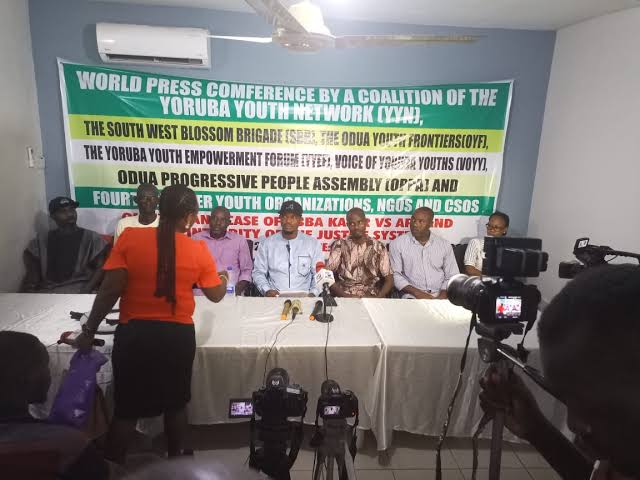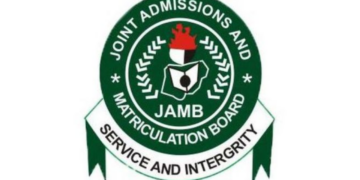Coalition of South-West groups has expressed deep concern about recent controversial Appeal Court ruling on the Kano State governorship election, which it said has raised serious questions about the integrity of Nigeria’s justice system.
Addressing a press conference in Abuja on Tuesday, Comr. Razak Olukayode on behalf of the coalition, cautioned against compromising the nation’s judiciary and emphasised the importance of maintaining its independence, transparency, and integrity.
He said in the case of the Kano governorship election, the ruling of the Court of Appeal has raised doubts about the fairness of the nation’s judiciary and the legitimacy of the electoral process, adding that this ruling severely jeopardizes the expected role of the judiciary as the cornerstone of democracy and justice in any nation.
“We observe that the Court of Appeal decision in the Kano case of Abba v APC has deviated from established principles of electoral jurisprudence regarding the issue of nomination and sponsorship, which falls under the exclusive purview of pre-election matters. Various judicial authorities, including the recent Peter Obi v INEC case, have emphasized that only the Federal High Court has jurisdiction to adjudicate over nomination issues. The Tribunal in the Abba v APC case correctly stated that nomination is a pre-election matter but could not make a pronouncement on the issue due to lack of jurisdiction.
“We highlight the injustice of upholding the Tribunal’s decision to nullify 166,000 votes from the tally of the New Nigeria Peoples Party (NNPP) in favor of the All Progressives Congress (APC) and sacking the incumbent governor, Abba Kabir Yusuf. The Appeal Court’s decision to uphold the nullification of such a significant number of votes without proper justification undermines the democratic fabric of the nation and raises questions about the impartiality of the judiciary,” he said.
He said the decision to nullify 166,000 votes from the NNPP’s tally in the Kano governorship election raised questions about the consistency and fairness of their judgments, adding that in this case, the court cited irregularities and non-compliance with electoral laws as the basis for nullifying the votes.
“However, it is essential to note that similar irregularities were present in the case of Governor Adeleke, where the Court of Appeal ruled against nullifying votes.
“By nullifying votes that were deemed to be irregular in Kano, the court fails to address the contradiction in its ruling in the case of Governor Adeleke, where similar irregularities were present but not nullified. This inconsistency in applying legal principles undermines the principle of equal treatment before the law and raises doubts about the court’s impartiality,” he stated.
Furthermore, the controversies surrounding the discrepancies between the judgement read out by the court and the content of the Certified True Copy (CTC) of the Judgment in the Kano governorship election raised serious doubts about the transparency and integrity of the judicial process. These discrepancies have led to confusion and speculation among the public, further eroding public trust in the judiciary,” he noted.
He said, “While it is necessary to ensure that political parties adhere to electoral guidelines, the decision to upturn the entire election in Kano raises questions about the legitimacy of the democratic process. Arguably, this ruling undermines the people’s right to choose their leaders and places excessive power in the hands of the judiciary. This controversy highlights the need for a balance between upholding the rule of law and respecting the democratic will of the people.”
We’ve got the edge. Get real-time reports, breaking scoops, and exclusive angles delivered straight to your phone. Don’t settle for stale news. Join LEADERSHIP NEWS on WhatsApp for 24/7 updates →
Join Our WhatsApp Channel










